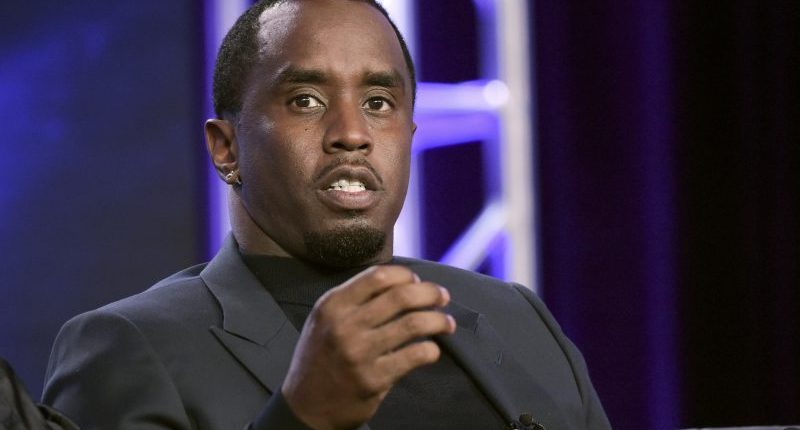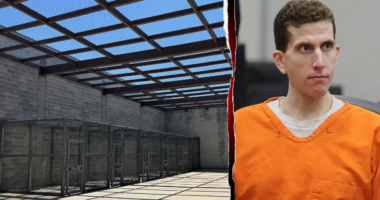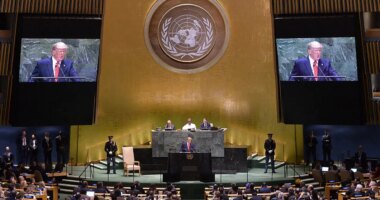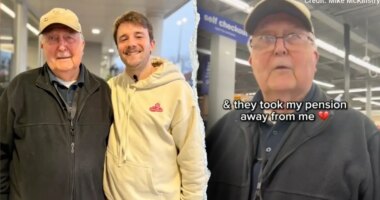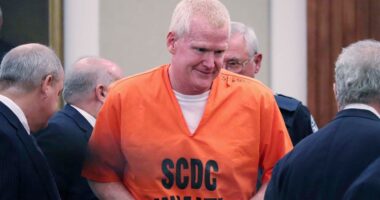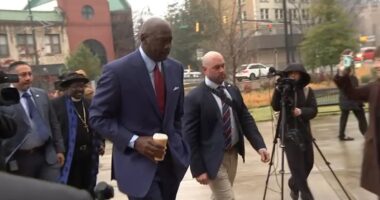Share this @internewscast.com

(NewsNation) — Sean “Diddy” Combs’ legal team is delivering their closing statements this Friday, aiming to convince the jury to acquit him of multiple sexual offense charges.
After calling no witnesses and wrapping their case in one day, attorneys for Combs have four hours to address the jury.
Their main argument centers around the claim that all of Combs’ accusers were consenting adults, asserting that no one was compelled to join in the sexual activities referred to as “Freak Offs” or “hotel nights.”
The defense has predominantly used text exchanges between Combs and his former partners to illustrate that the women not only consented but also sometimes orchestrated these encounters.
Combs is facing a possible life sentence after being charged with one count of racketeering conspiracy, two counts of sex trafficking and two counts of transportation to engage in prostitution.
He has pleaded not guilty.
During the trial, the defense argued Combs was involved in domestic violence but committed no federal crimes. They built their case for acquittal through lengthy cross-examinations of most of the government’s 34 witnesses.
Combs’ lawyers said there was no racketeering conspiracy because none of his employees agreed to be part of any conspiracy.
Combs’ chief of staff, Kristina Khorram, did not testify.
One of the witnesses, “Jane,” who is Combs’ ex-girlfriend and testified under a pseudonym, hugged defense attorneys after her testimony for the prosecution.
Combs spared no expense in his defense and even included an appellate lawyer in his team.
On Thursday, prosecutors gave their closing arguments by painting Combs’ criminal enterprise as his “kingdom.”
Assistant U.S. Attorney Christy Slavik told the jury Combs was someone “who doesn’t take no for an answer” and “counted on silence and shame” to enable his abusive behavior.
She pointed to his “small army” of assistants and bodyguards — some of whom were called to the witness stand earlier in the trial — to help him harm women and cover it up.
“When someone commits a crime as part of a group, they’re more powerful and dangerous,” Slavik said. “The defendant was a powerful man, but he became more powerful and dangerous because of his inner circle, his businesses — the enterprise.”
